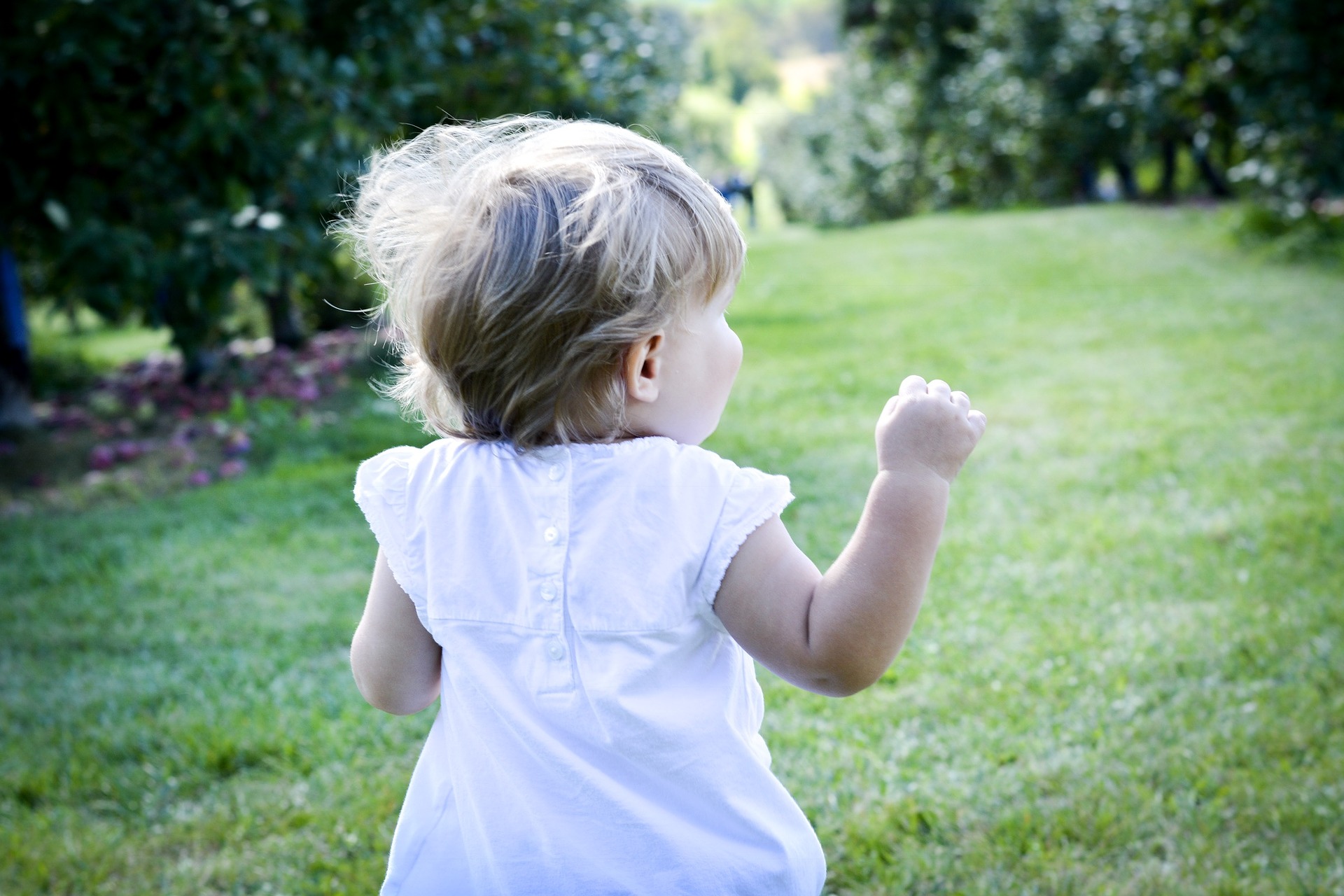
Why are children more vulnerable to their environment?
There are a variety of reasons children are especially vulnerable when it comes to toxins and other hazards they may encounter in their environment:
- Pound per pound, children breathe more, drink more, and eat more than adults. That means children also take in more chemicals via air, water and food.
- Young children explore their environment by mouthing and touching things. Because this is normal behavior in young kids, they're at a greater risk of ingesting chemicals by putting hands or objects in their mouth.
- Children are lower to the ground where chemicals settle and accumulate, which makes exposure more likely. Children like to play on the floor too, putting them at even greater risk.
- Children are growing and changing quickly, which also means their development can be interrupted. Developmental processes from the brain and nervous systems to lung and motor function can be affected by environmental toxins. When development gets disrupted, it can have life-long consequences.
- Children's bodies are less able to break down and metabolize toxins. For example, children don’t yet produce certain enzymes the adult body uses to break down chemicals.
What can parents do to protect kids from environmental health hazards?
Parents and scientists can work together to make a brighter future for all children.
For one thing, children aren't just affected by their environment in negative ways. Early intervention can be especially important for children in changing the long-term outcomes of a particular disease or condition. It's possible, for example, to discover things about the environment that can help protect kids and keep them healthy.
That's why the Environmental Health Sciences Center (EHSC) at UC Davis devotes so much of its research and expertise on children's health. The sooner we understand how the environment affects kids, the more likely it'll be that we can prevent debilitating conditions related to the environment. Children's health initiatives led by EHSC researchers include:
- The Center for Children's Environmental Health (CCEH): Part of the UC Davis MIND Institute, CCEH researches connections between the immune system, genetic susceptibility, environmental exposures and autism.
- Project TENDR: A unique collaboration of leading scientists, health professionals and children’s and environmental advocates co-founded by EHSC Director Irva Hertz-Picciotto and Maureen Swanson of the Learning Disabilities Association of America. Project TENDR focuses on the link between toxic chemicals and neuro-developmental disorders like autism, attention deficit, hyperactivity and intellectual disability.
If you'd like more information about where to get support, check out our community resources page.
